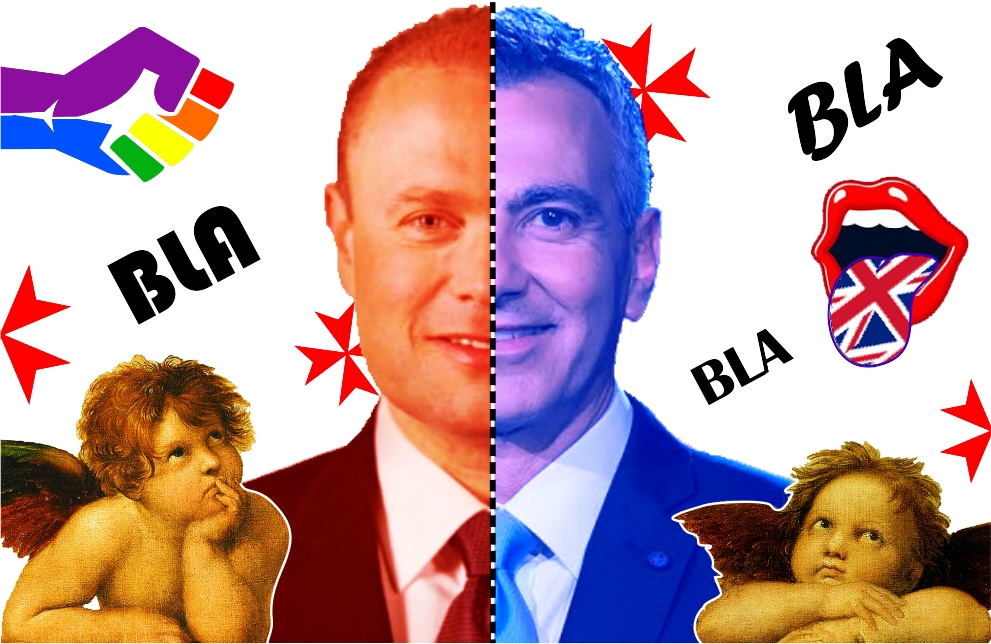
The year 2018 has been both challenging and exciting. Here are a few stories, best-loved by our readers and editors, which delve into Malta’s most discussed and pertinent issues of 2018.
by Isles of the Left
Collage by Isles of the Left
[dropcap]I[/dropcap]n 2018, Isles of the Left published 145 stories on topics ranging from environment, economy and technology to education, identity and creativity. Since the very beginning of this project on December 2, 2017, our goal was to contribute to the public debate on the changes that Malta is experiencing and on their social consequences. We promised that our analysis would be strictly non-partisan—and thirteen months later, we affirm that we have fulfilled our promise to a T.
Here is a selection of our stories, best-loved by readers and editors, which delve into Malta’s most discussed and pertinent issues of 2018.
10. Wirt iż-Żejtun and Bulebel: a Success Story
by Raisa Galea & Rachael Scicluna
The amount of socially and environmentally harmful developments, approved and implemented in the recent years, is truly overwhelming. However, not all is lost—communities can and do resist aggressive development! Apart from the bad news on this front, 2018 also gave us two success stories: the residents of Żejtun saved Bulebel from yet another development, and Sliema residents forced the developers of Townsquare skyscraper in Qui Si Sana to redesign their plans.
In this interview, Ruben Abela, the founder of Wirt iż-Żejtun—an NGO and an activist group—shares their recipe for success. Read more here.
9. “The Shape of Water” and Disability
by Kurt Borg and Anne-Marie Callus
The film The Shape of Water won 4 Academy Awards including Best Picture. The fact that the film is set in the 1950s enables the film-maker to bring in overt examples of ableism, sexism, racism, classism and homophobia. Kurt Borg and Anne-Marie Callus discuss the film from various perspectives. Follow their discussion here.
8. How Equitable is Maltese Education?
by Carmel Borg
Education proves to be an extremely sensitive topic: the selection of our best-loved stories includes three articles on education. Overall, Malta occupies a joint 15th place on the EU Social Justice Index. However, when it comes to equitable education, Malta features in the last place (28th) of the same Index in granting equal access to education. There is no social justice without equity in education. Read more here.
7. Malta’s Transport Conundrum: Alternative Routes to Sustainable Mobility
by Suzanne Maas
The road gridlock takes a toll on our health. According to the European Environmental Agency’s latest report on air quality, the emissions of particulate matter, nitrogen oxides and ozone have increased in Malta in the past few years, largely due to road transport, and that contributes to premature deaths as a result of heart and lung disease.
While many of us often think of Malta as a special place, with respect to transport it isn’t special. Every Western city, even those now renowned for their public transport systems and pedestrian and cycling infrastructures, once grappled with the same issues: streets clogged with cars, illegal parking on sidewalks and air pollution. The solution to the transport conundrum is within reach: we should look at designing a transport system that provides equitable, affordable and efficient mobility options—truly a public transport. Read more here.
6. “The Maltese”: In Victorian Eyes
by David Edward Zammit
Over the past decade a treasure trove of nineteenth century Anglophone literature on Malta and the Maltese has been posted online; mainly by foreign Universities which have been digitizing their library holdings. The accounts themselves—which are a mixed bag of travelogues, short stories and novels; including detailed descriptions produced by colonial officials and Protestant missionaries—view the Maltese in terms of classical “Orientalising” tropes and can be considered as tools by which the Maltese were constructed as colonial subjects. Read more here.
5. Bluefin Tuna in Malta: Slime is the Least of the Problems
by Alicia Said
When ‘tuna’ is a topic of daily conversations, it is mostly slime that the individuals and media portals discuss. It is expected to focus on what is visible, and slime from fish farms certainly is. However, the Bluefin tuna policy has deeper ramifications than ‘slime’ in our swimming zones. The consequences of the policy have an impact on the ecosystems, the socio-economic profile of the fishing communities, the diving industry and the Maltese social fabric at large. Read more here.
4. The Not-So-Maltese Cross
by Michael Grech
Today, the eight-pointed ‘Maltese’ cross is broadly recognised as ‘brand Malta’. It is everywhere: from tourist booklets, to the crib on Triton Square and to the Malta Blockchain Summit. However, the cross of the Order of St John was not embraced by the Maltese during the Hospitallers’ rule.
So how did the emblem of debauched foreign aristocracy become the ultimate symbol of Maltese identity? A few decades ago, the Maltese Cross became a means to emphasize, exaggerate and at times invent Malta’s historic ties to Europe. In other words, the Cross reimagined Maltese identity as European and served to distance the country from its Semitic heritage. Read more here.
3. What Does It Mean to Be a Foreigner in Malta?
by Raisa Galea
According to a Malta Today survey, barranin (foreigners) is the second topmost concern of the Maltese citizens after traffic. Although they are uniformly referred to as ‘foreigners’, foreign nationals receive contrasting treatment, depending on their social status and nationality. Read more here.
2. Parenting Dilemmas: State or Private Schools?
by Rita M.
Here, for the record, Rita M. spells out what nobody in Malta seems even remotely willing to mention: how we have slipped into the uncomfortable situation of segregating children according to the thickness of their parents’ wallets. Read more here.
1. Promise & Betrayal: A Former American University of Malta Lecturer Speaks Out
by a former AUM lecturer
On 1 May 2015, scandal broke out when the government announced that Sadeen Group, a Jordanian construction, travel and tourism company, would be granted ODZ (protected) pristine beachfront property to open the new “American University of Malta”—a venture that was not spearheaded by any Americans.
It is now clear to us what many in the Maltese public have been saying for years. This institution is a sham. From the beginning, Sadeen has been playing a game with the Maltese government and public. Read a detailed account of the AUM’s fraudulent activities and unethical treatment of its staff here.
![]()
Bonus: Best Stories of 2018 According to Our Editors
Egrant: Navigating Through Party Propaganda
by Raisa Galea
Kurt Borg:
With incisive clarity and zero partisan fanfare, the author dissects the discourses and viewpoints that have dominated the notorious Panama Papers and Egrant saga, arguably the most infamous scandal to haunt Maltese politics. Despite several loud and shouty opinion pieces written on the topic, few have navigated their way through the complex and convoluted realities surrounding this saga while retaining a critical non-partisan edge. This article is a much-needed intervention in this fragile space in the Maltese public sphere.”
Read more here.
![]()
Can Economic Growth Ever Be Green? Suggestions for a Post-Growth Malta
by Abigail Muscat
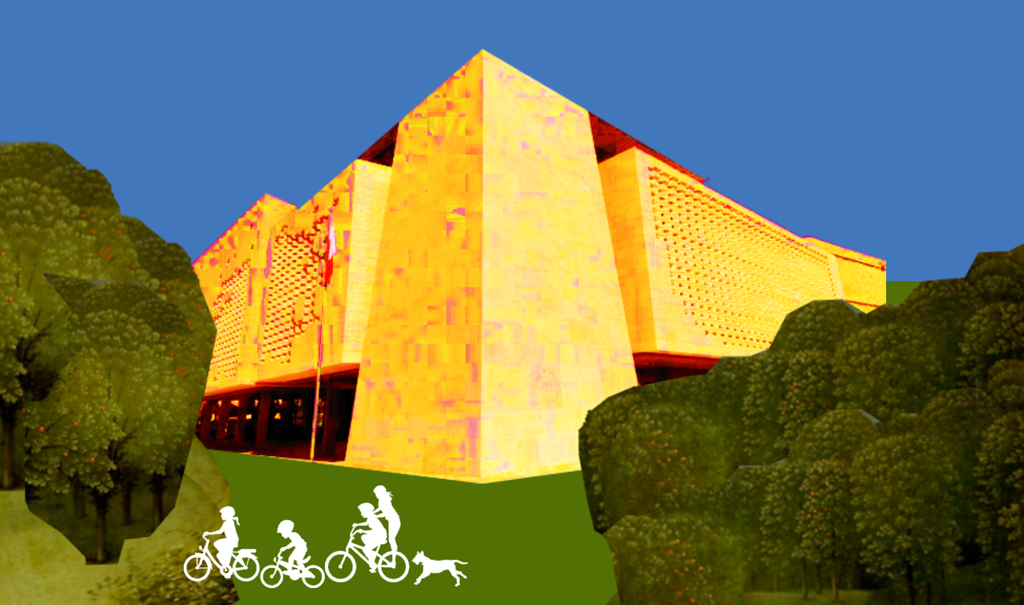
Raisa Galea:
Governments promise to improve our wellbeing by suggesting to make the cake larger while dismissing the option to share the cake in a more equal way. Climate change and the growing inequality demand a radical transformation of our societies. We ought to discuss alternative, inspiring, socially just ways forward—and the article by Abigail Muscat is a must-read in this regard.”
Read more here.
![]()
Freedom From Gender
by Mina Tolu
Rachael Scicluna:
Freedom from Gender is a thought provoking piece which challenges our daily and taken-for-granted understanding of gender. Through the intimacy of Tolu’s lived experiences, we get a sense of how it is to traverse the world from the periphery. The ongoing questioning of the self is telling especially when it comes from a child’s perspective. In this context, the child-adult relationship is turned upside down as the child’s curiosity becomes the voice and echo of the powerful.”
Read more here.
![]()
The Limits of Sympathy: Relating to Images of Distress
by Elise Billiard
Kathrin Schödel:
The article makes us rethink feelings of empathy. It challenges us to move from compassion to the analysis of the causes for the many situations which call for our empathy and of our own involvement in them. It suggests that we can escape the feeling of ‘helplessness’ in the face of these situations.”
Read more here.
![]()
Right to Space
by Alberto Favaro

Francois Zammit:
A very incisive and thought out argumentation that leads the reader to engage with the realities of space of a tiny and over-developed landmass. The author illustrates how the very nature of the division of space and territory defines the very being of those who inhabit it. Even more poignant is the argument on how the transfer of public space to private entrepreneurs, is unjust not only in terms of reducing accessibility to the public, but even more worrying, that it may be considered as means of the State relinquishing its power and responsibilities to the private sector.”
Read more here.

We promise to maintain our high standards and our utmost devotion to the issues pertaining to social justice in 2019. Please reach to us if you wish to expose injustice and exploitation. Share your views on how Malta could become a country where equality and social wellbeing are prioritised over profit. Be part of the project—contribute!
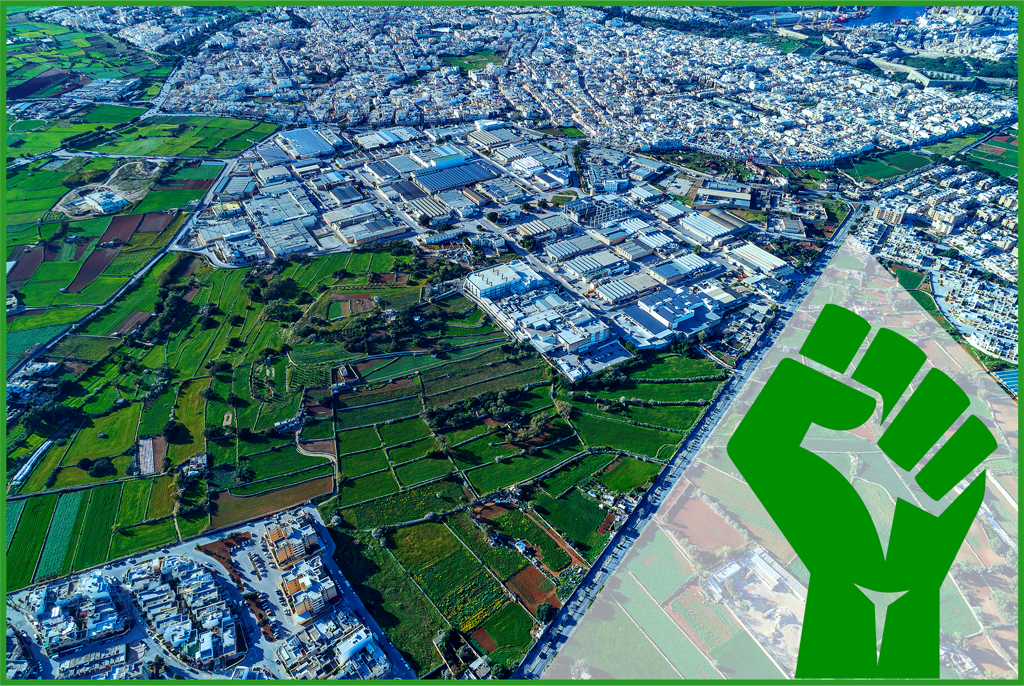
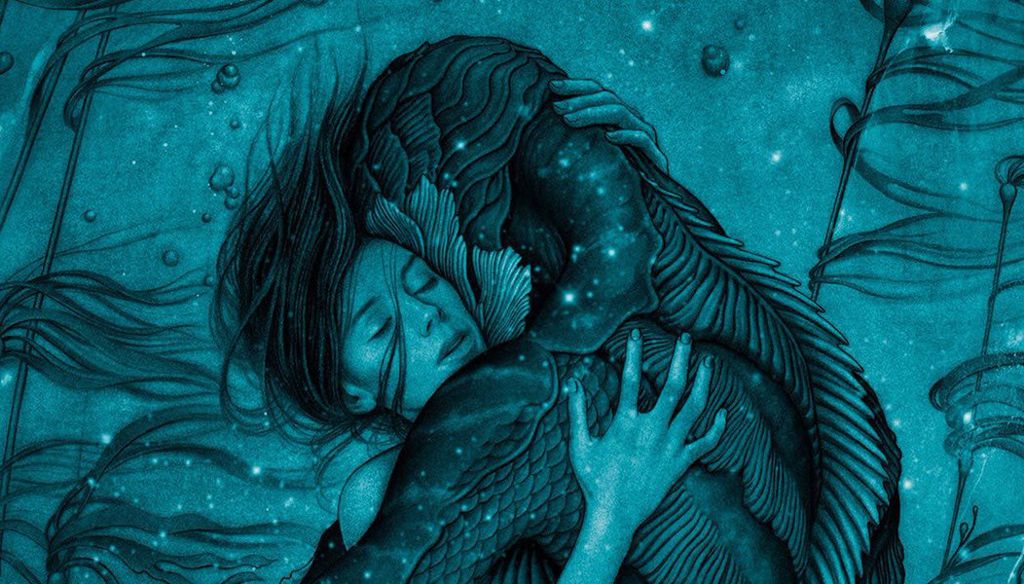

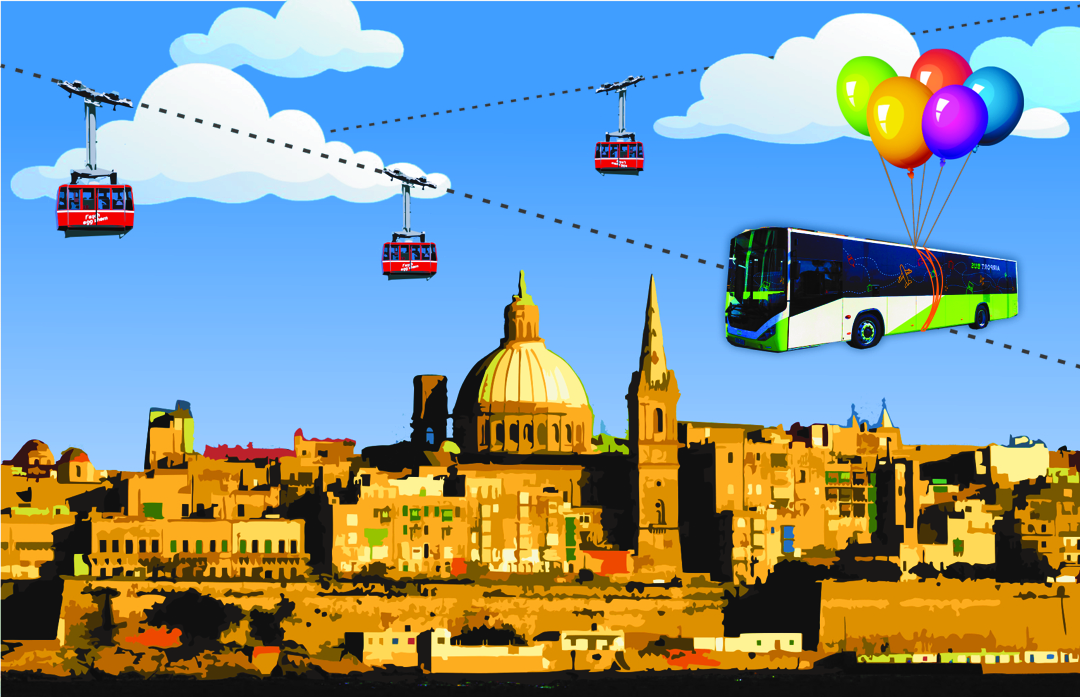
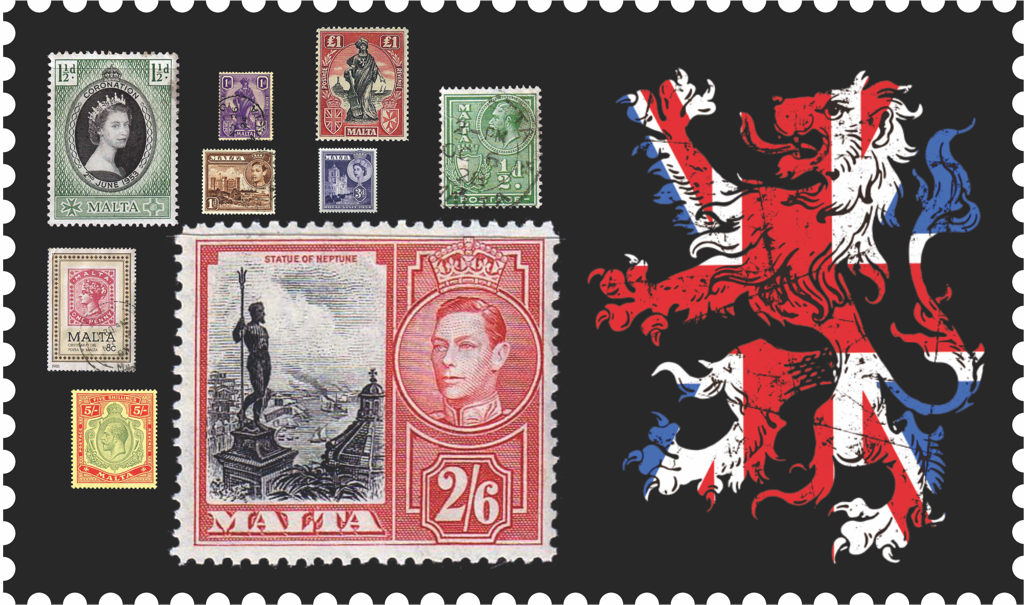

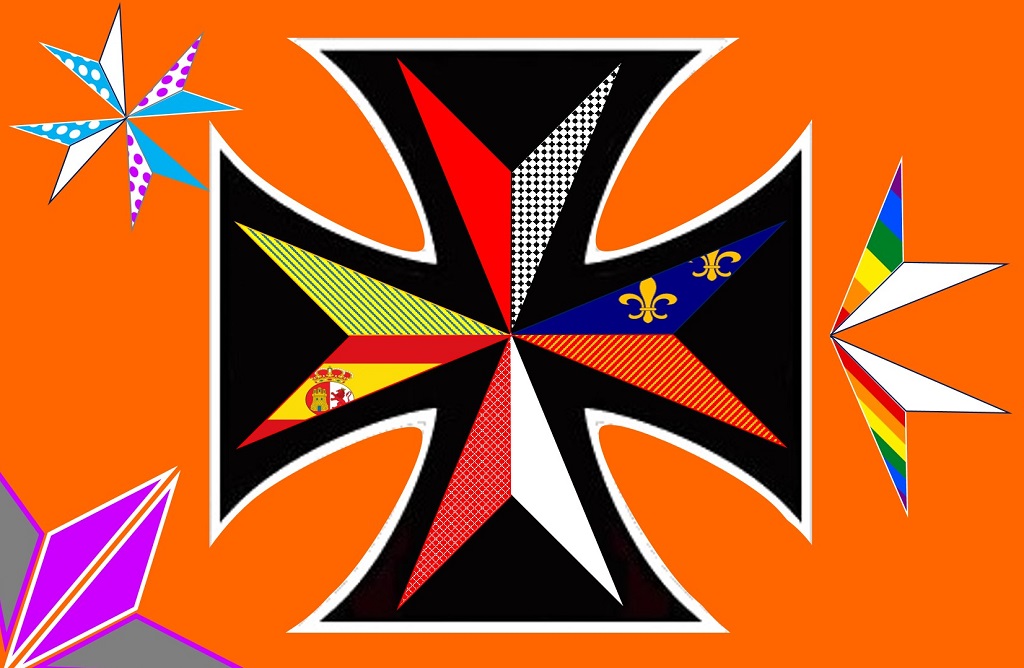
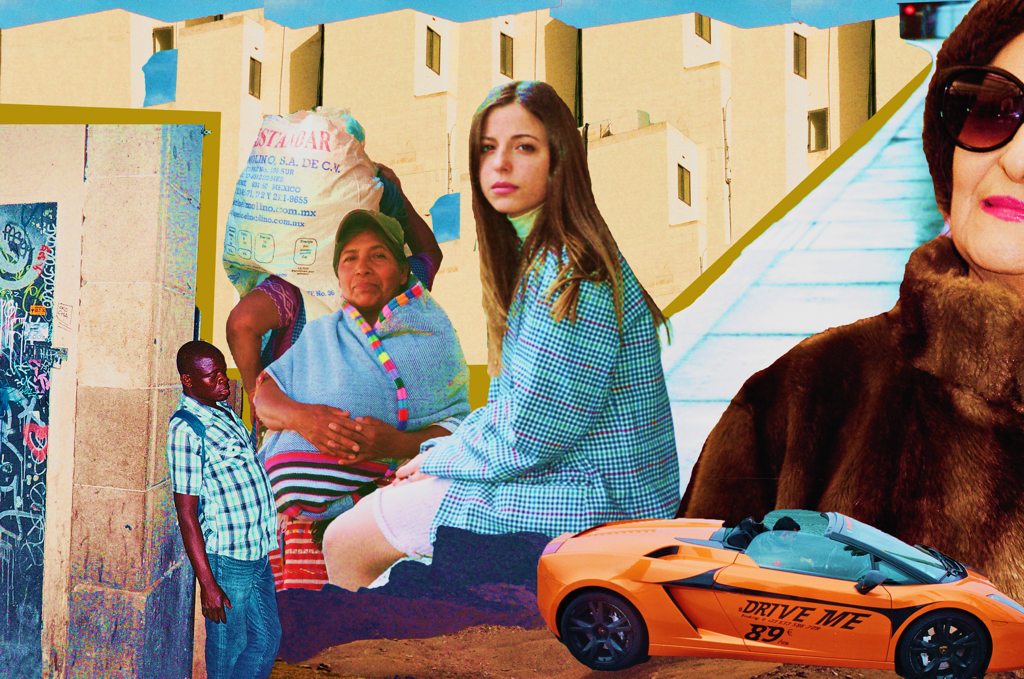
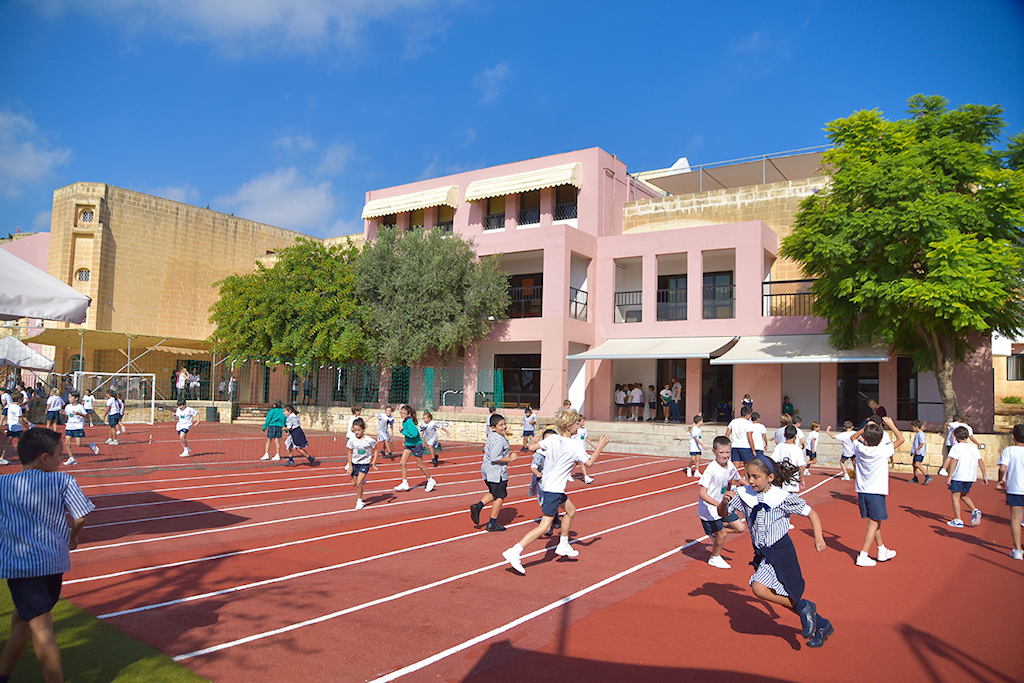
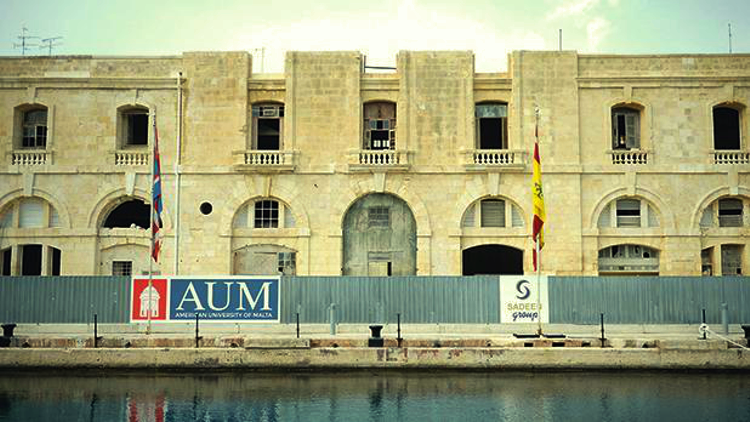
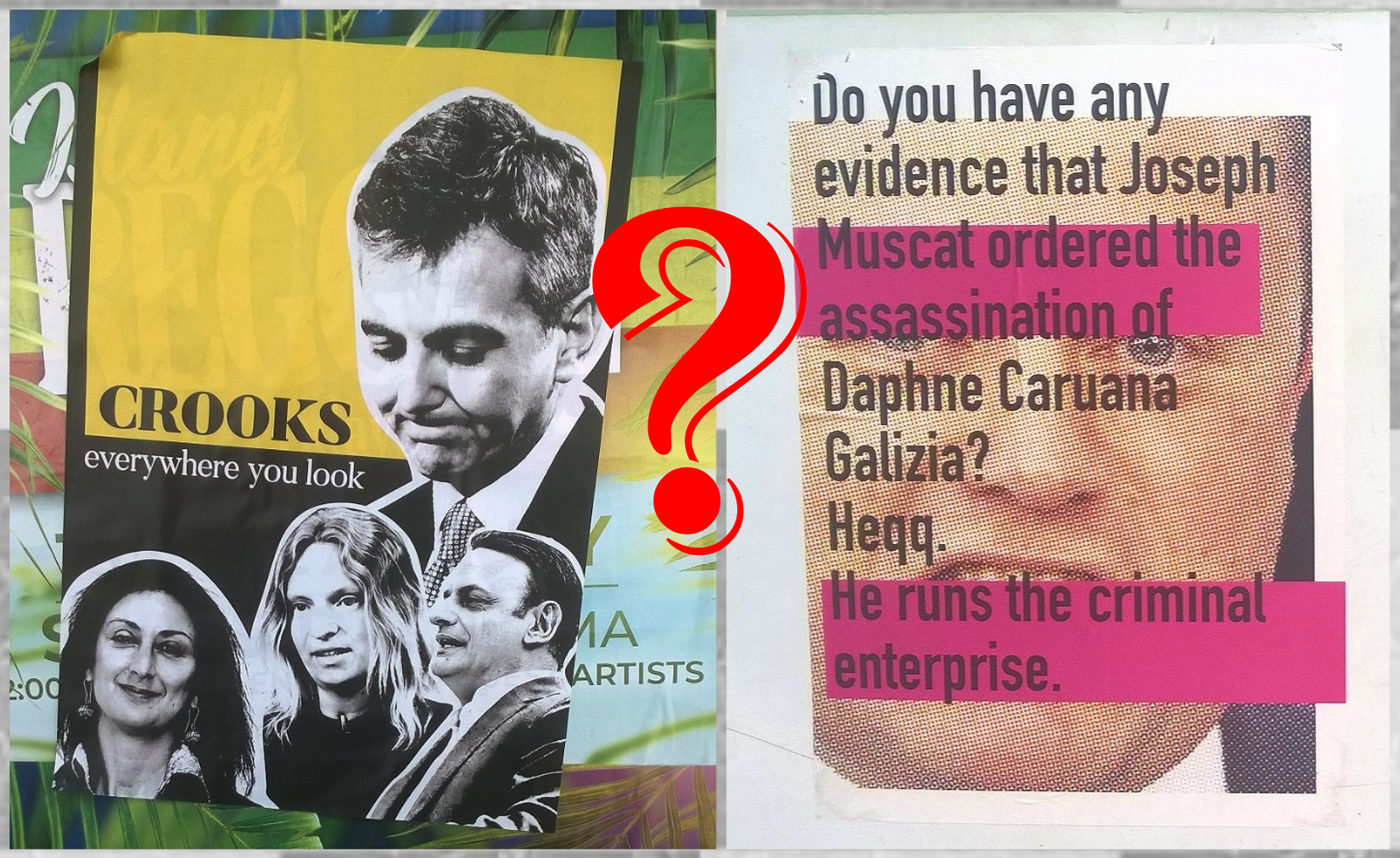
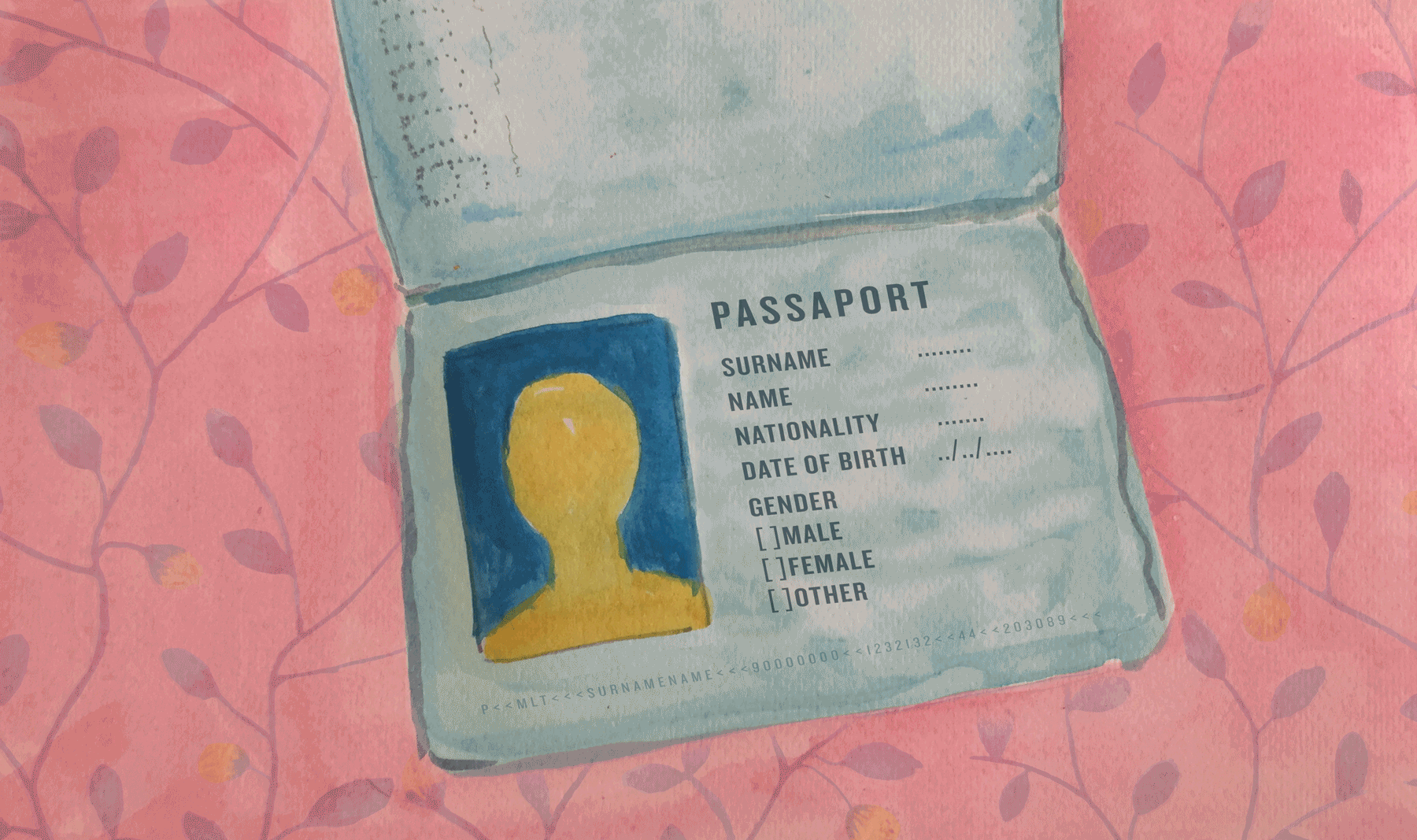
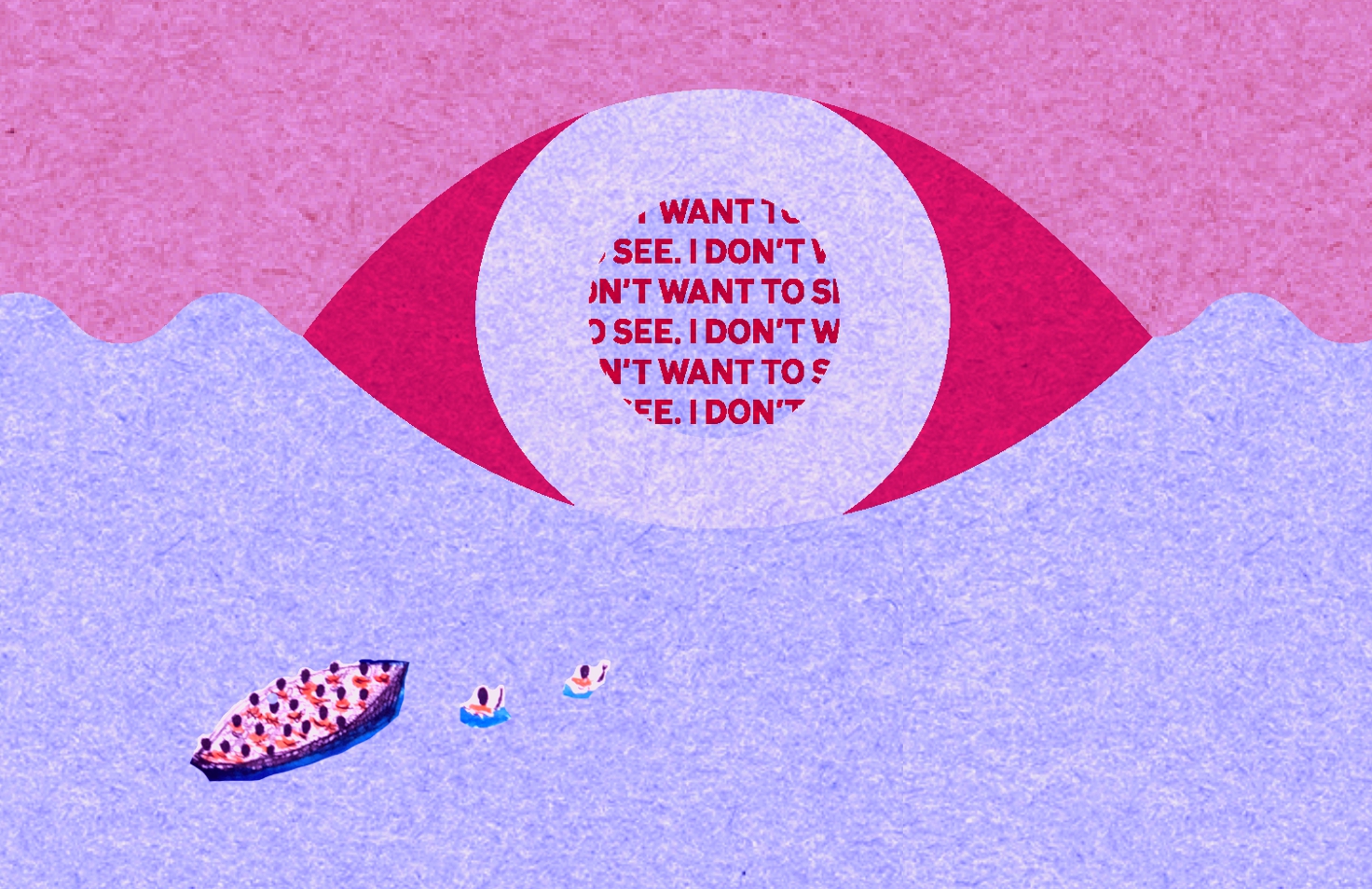
i still feel like a stranger in my own country of birth sometimes, whereas pollution has only visibly reduced in my opinion, pending the outcome of the review of projects, privately and publicly funded.
the old song used to ask whether malta was for sale, it seems we still place anything for sale, the differentiating factor is success or satisfaction depending how you look at it, when you are measuring.
what if you are not just measuring?